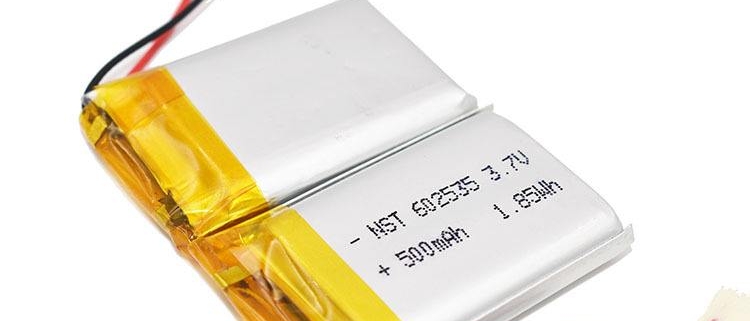Will Lithium Polymer Batteries Explode
When used for long periods of time, lithium polymer batteries can experience catastrophic failure. These fires can result from thermal runaway, an exothermic reaction within the cell, which results in overheating and boiling of the pyrophoric liquid electrolyte. This process can cause the casing of the battery to explode, as it has in many cases in consumer electronic devices. But luckily, there are many safety features built into these batteries to help prevent this from happening.
One of the biggest dangers of lithium polymer batteries is the risk of fire. While lithium is not considered flammable, the anode material is, typically, graphite. However, the flammability of the battery’s electrolyte is comparable to that of gasoline. The solution for this potential hazard would be a non-flammable electrolyte, which would greatly reduce the risk of fire. Still, a large amount of heat is still required for a battery to catch fire.
While a lithium polymer battery can explode, it is unlikely that the ensuing fires will kill anyone. The main dangers of these batteries are the potential for short circuits, high temperatures, and improper storage. As a result, batteries must be tested regularly to ensure that they will not overheat and cause an accident. While some lithium polymer batteries can explode due to overcharging, most won’t.
While lithium polymer batteries may not explode, a common cause for them to fail is overcharging. This occurs when a high voltage is applied across the cells of the battery. For normal lithium polymer batteries, the charging voltage should be 4.2V or higher. Any higher will trigger a chemical reaction that will produce gas and heat. If the cell walls become swollen, the battery will eventually burst and cause an explosion.
In the past, some lithium polymer batteries were known to explode at high temperatures. Fortunately, they never exploded in any way. The battery’s packaging was not the only cause of the explosions, which were caused by faulty cells. The outer packaging of a lithium polymer battery can be deformed and shattered, but a full-charged battery can still experience a dangerous explosion.
Another cause of battery explosions in lithium polymer batteries is the improper handling of the batteries. It is important to follow proper procedures to avoid this problem. For example, if you’re storing the batteries in an area with hot weather, be sure to store them in an area where temperatures will be low enough for the batteries to last for an extended period of time. This prevents accidents in your home, and is crucial for ensuring the safety of your family and your home.








